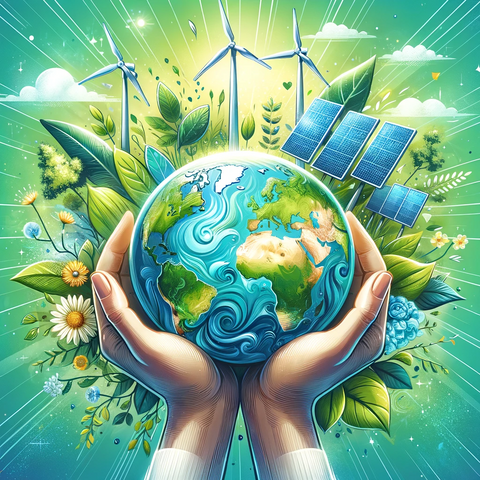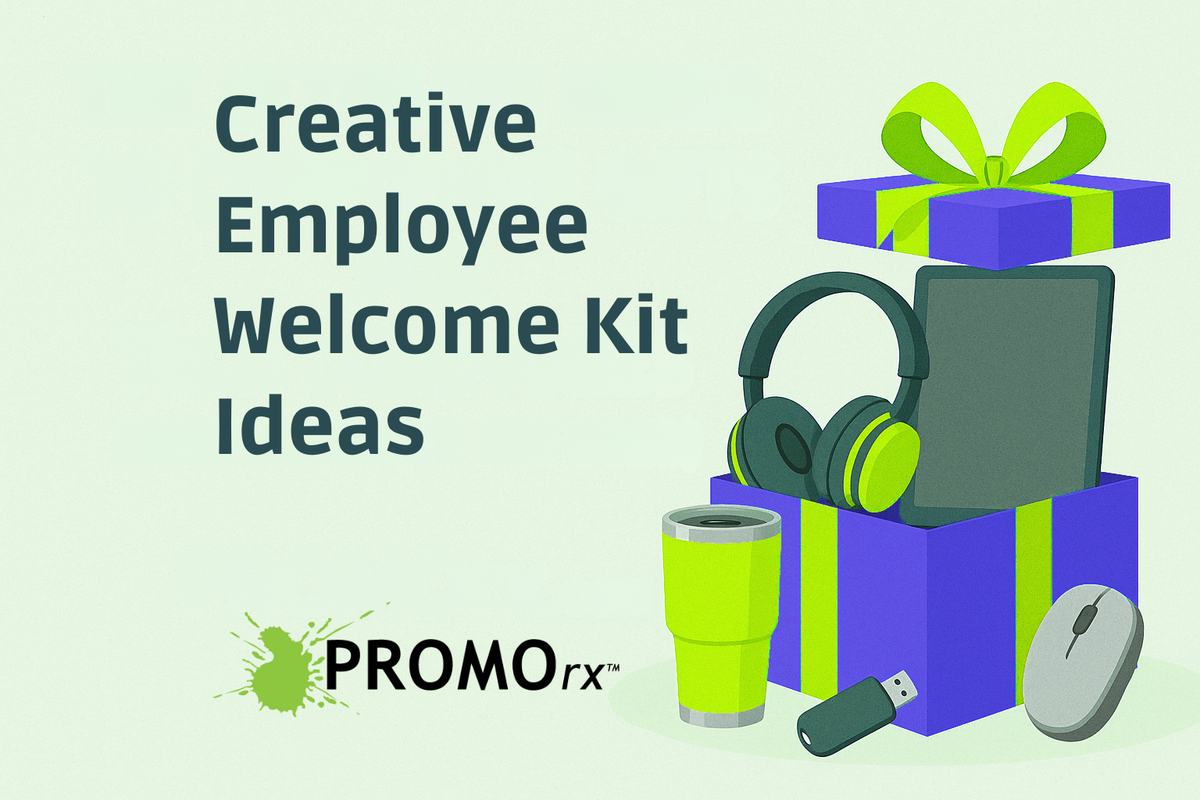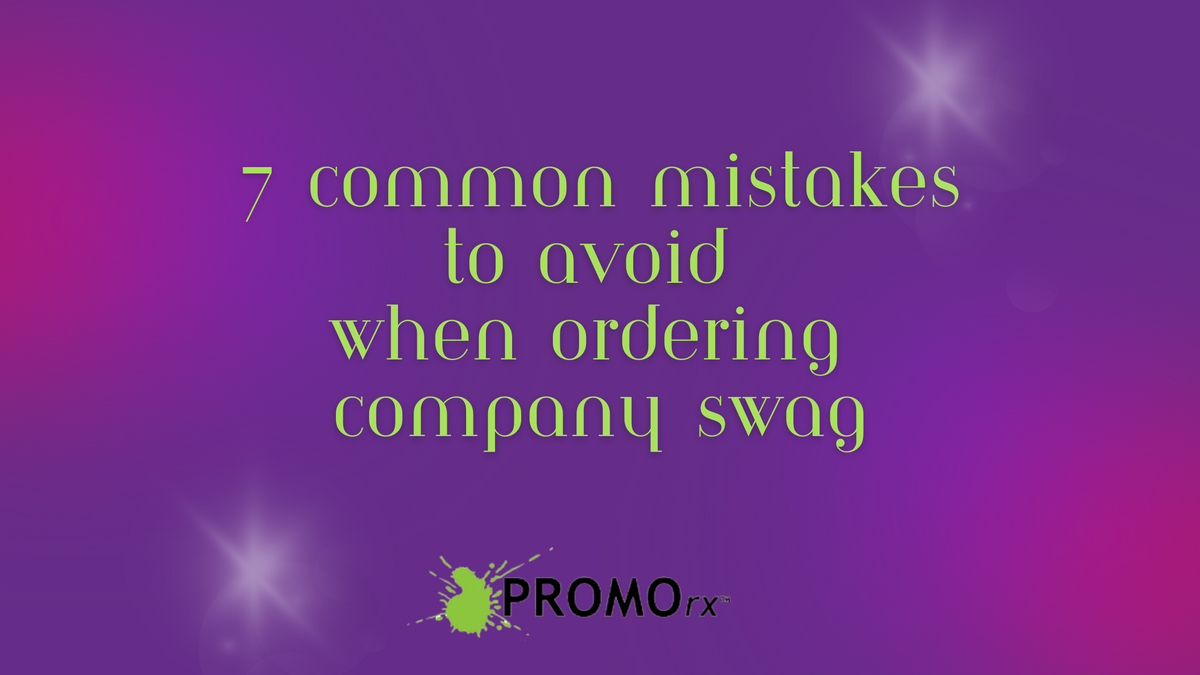The Environmental Impact of Company Swag: Sustainable Alternatives for a Greener Brand Image

In today's environmentally conscious world, businesses are increasingly expected to take responsibility for their ecological impact. This includes promotional products aka company swag. With a little creativity and commitment to sustainability, companies can embrace eco-friendly swag alternatives that not only reduce their environmental footprint but also align with their brand values and resonate with staff and consumers.

Earth Day: Is Every Day
While Earth Day, celebrated annually on April 22nd, serves as an important reminder to protect our planet, sustainability should be a year-round priority for all of us. By choosing sustainable swag items, companies can demonstrate their commitment to environmental responsibility and inspire their employees, customers, and partners to adopt greener practices.
The Problem with Traditional Swag
Traditional company swag is often produced in mass quantities, utilizing materials that are neither sustainable nor biodegradable. The production and disposal of these items can lead to environmental issues, including pollution of oceans and waterways, clogging of landfill sites, and the emission of greenhouse gases. Moreover, these items are frequently discarded after a few uses, exacerbating the issue of waste.
The Shift Towards Sustainability

The narrative, however, is changing. Businesses are now pivoting towards sustainable swag options, driven by an increased awareness among consumers and employees who demand environmentally friendly practices. Sustainable swag not only addresses the environmental concerns associated with traditional promotional items but also resonates with the growing demographic of eco-conscious consumers, enhancing brand loyalty and reputation.
Swag that Gives Back: Supporting Causes Through Conscious Consumerism
Many sustainable swag options not only minimize environmental impact but also support important causes. Companies can opt for swag made from recycled materials (like these notebooks!), contributing to the circular economy and reducing waste. Alternatively, they can choose swag items crafted by fair-trade organizations or social enterprises, supporting ethical labor practices and community development initiatives. Some swag purchases support different causes like veterans, water supplies, environment, etc.
Embracing Eco-Friendly Materials
When it comes to sustainable swag, there are options. Companies can explore a range of eco-friendly materials, such as:
- Organic Cotton: Perfect for t-shirts, tote bags, and other apparel items, organic cotton is grown without harmful pesticides and synthetic fertilizers, making it a more sustainable choice.
- Bamboo: Highly renewable and biodegradable, bamboo can be used to create a variety of swag items, from pens and journals to drinkware and tech accessories.
- Recycled Materials: Pens and notebooks made from recycled paper or plastic reduce the demand for virgin materials, conserving resources and energy. Tote bags fashioned from recycled PET bottles are not only practical but also tell you this company has a commitment to reducing its carbon footprint. And check out this wireless charger that is made from post consumer recycled material!
- Seed Paper: Embedding seeds into paper products like notebooks, coasters, or business cards allows recipients to plant them after use, promoting greenery and biodiversity. Green thumbs anyone?
Success Stories
Many companies have already embraced sustainable swag with open arms, reaping benefits in terms of brand loyalty and public image. For example, Google has included multiple recycled swag options in their on line swag store.
Similarly, Microsoft's Give campaign utilizes eco-friendly swag, such as biodegradable notebooks and bamboo utensil sets, to promote its sustainability initiatives.
The Way Forward

Earth Day is a celebration of our planet, but true sustainability requires a daily commitment. By choosing sustainable swag items, your company can demonstrate dedication to protecting the environment while promoting your brand and connecting with staff and consumers. It's a win-win-win for businesses, consumers, and the planet we all share.





